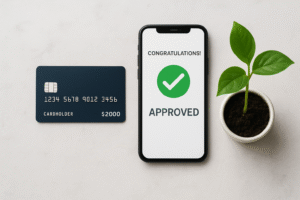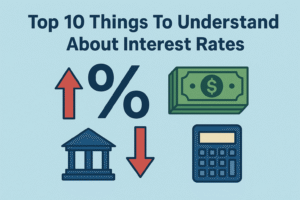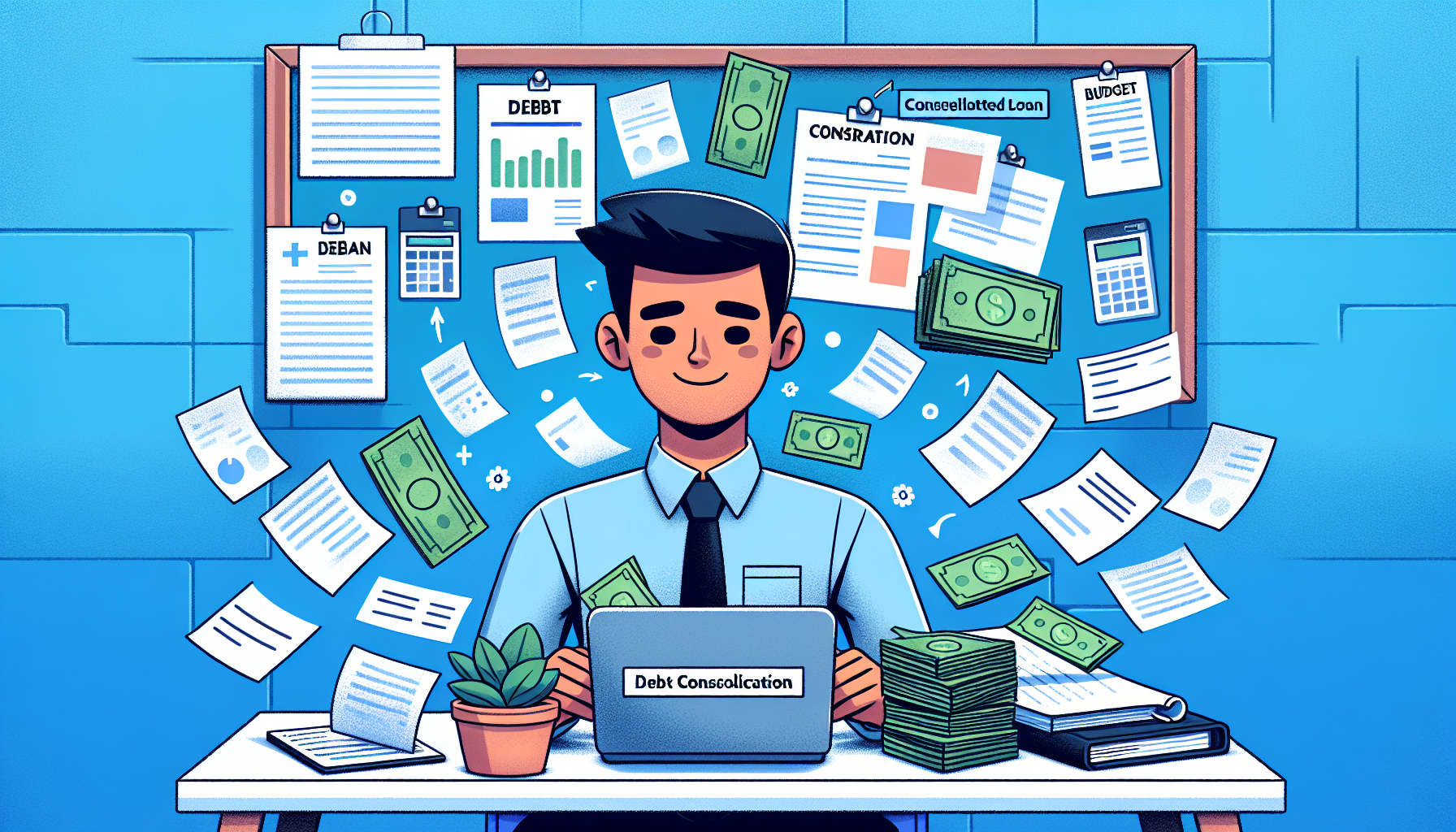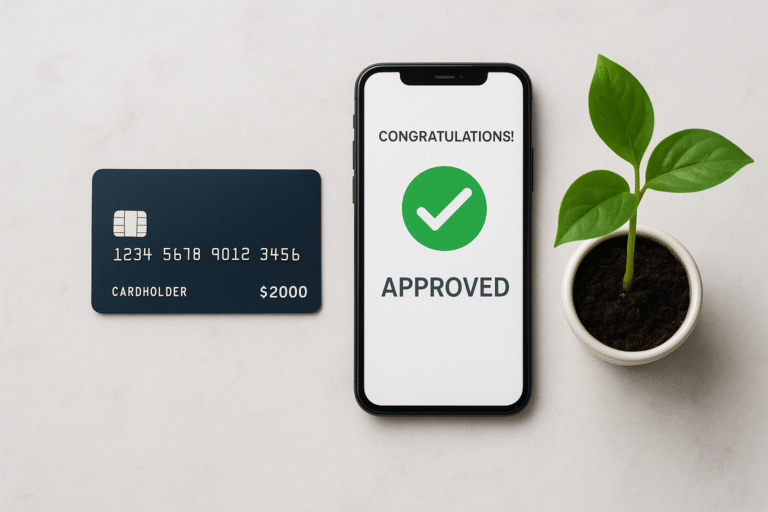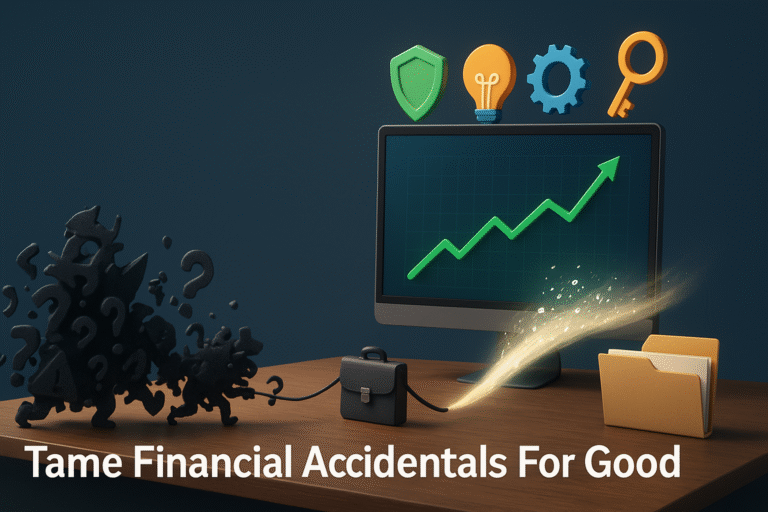Feeling weighed down by multiple credit card bills, loan payments, and due dates? You’re not alone. Managing debt can feel like a full-time job—one that doesn’t come with a paycheck. If you’re tired of juggling different payments, debt consolidation might be a way to lighten your load. But is it the right move for you? Let’s break it down in simple terms.
What Is Debt Consolidation?
At its core, debt consolidation means combining several smaller debts into one bigger one—usually with better terms. Instead of handling five different monthly bills, you make just one payment.
Sounds easier, right? That’s because it is. The goal is to simplify your finances and maybe even save money on interest along the way.
How Does It Work?
Here’s how it usually plays out: You take out a new loan or sign up for a credit card specifically designed to pay off your existing debts. Then, instead of multiple balances with different interest rates, you’re left with just one.
There are different types of consolidation:
- Debt consolidation loans – These are personal loans used to pay off credit cards or other debts.
- Balance transfer credit cards – Some credit cards offer 0% interest for a limited time when you transfer existing balances to them.
- Home equity loans or HELOCs – These use your home as collateral to secure a loan that pays off your debt.
Why People Choose Debt Consolidation
There are plenty of reasons folks lean toward this strategy. Here are a few common ones:
- Lower interest rates – Reducing interest rates can help you save a lot over time.
- Only one monthly payment – It’s easier to manage just one due date.
- Less stress – Consolidation can help you feel more in control of your money.
- Faster payoff – If you save on interest and stick to your plan, you can get out of debt sooner.
Is Debt Consolidation Always a Good Idea?
Debt consolidation sounds great—but it’s not a one-size-fits-all solution. Let’s take a closer look at when it can help and when it might not be the best path.
When It Can Work For You:
- Your credit score is decent – Good credit can help you qualify for loans or cards with better interest rates.
- You have a steady income – You need to make those monthly payments regularly.
- You’re ready to stop racking up debt – Consolidation helps you start fresh, but only if you avoid building new debt.
When You Might Think Twice:
- Your credit score is low – You may not get a better interest rate than what you’re already paying.
- Your debt is overwhelming – Consolidation doesn’t reduce your total debt. If you can’t afford the new loan payments, it might not help.
- You’re tempted to keep using credit cards – If you pay off cards and then run them up again, you’ll have double the trouble.
Real Talk: A Quick Story
Take Sarah, for example. She had four maxed-out credit cards with interest rates between 18% and 24%. She felt like she was treading water—each payment barely dented the balance. She finally took out a personal loan with a 9% rate and used it to pay off all her cards. With one simple payment each month, she paid off her loan in three years and saved thousands in interest.
But her brother, Mike, wasn’t as lucky. He also consolidated his debts—but kept using his credit cards. Within a year, he was twice as deep in debt. Ouch.
Pros and Cons of Debt Consolidation
| Pros | Cons |
|---|---|
| Lower interest rates (in some cases) | May require good credit to qualify |
| One simple monthly payment | Doesn’t reduce your total debt |
| Can improve your credit over time | May lead to more debt if habits don’t change |
| May be faster to pay off | Fees and penalties might apply |
Questions to Ask Yourself Before Consolidating
Before jumping in, ask these questions to see if consolidation fits your financial life:
- Can I qualify for a loan or credit card with a lower interest rate?
- Will I truly save money in the long run?
- Am I ready to change my spending habits?
- Do I have a solid repayment plan in place?
Answering these honestly can help you decide your next step.
Tips for Successful Debt Consolidation
Ready to move forward? Here are a few tips to make debt consolidation work for you:
- Create a monthly budget – Know where your money is going so you can stay on track.
- Pay more than the minimum – If you can, pay extra each month to speed up your journey.
- Avoid using old credit cards – Keep them open if they help your score, but don’t add new balances.
- Track your progress – Seeing your debt shrink can keep you motivated.
So, Is Debt Consolidation Right for You?
In many cases, yes, debt consolidation can be a smart way to manage debt. It’s all about simplifying your life, saving money when possible, and gaining control over your finances. But like any financial tool, its success depends on how you use it.
If you’re curious but unsure where to start, consider talking to a financial counselor or advisor. They can help you weigh your options and create a customized plan that works for you.
Final Thoughts
Life happens—unexpected expenses, job changes, or even just everyday spending can throw us off track. The good news? You don’t have to stay stuck. Debt consolidation is one tool in your financial toolbox that, if used wisely, can help you get back on solid ground.
Take time to explore your choices, get honest about your spending, and build habits that support long-term success. Because managing your money shouldn’t feel like climbing a mountain—it should feel like taking back control of your life.
Want more tips on managing debt smartly? Subscribe to our blog and stay in control of your financial journey!



